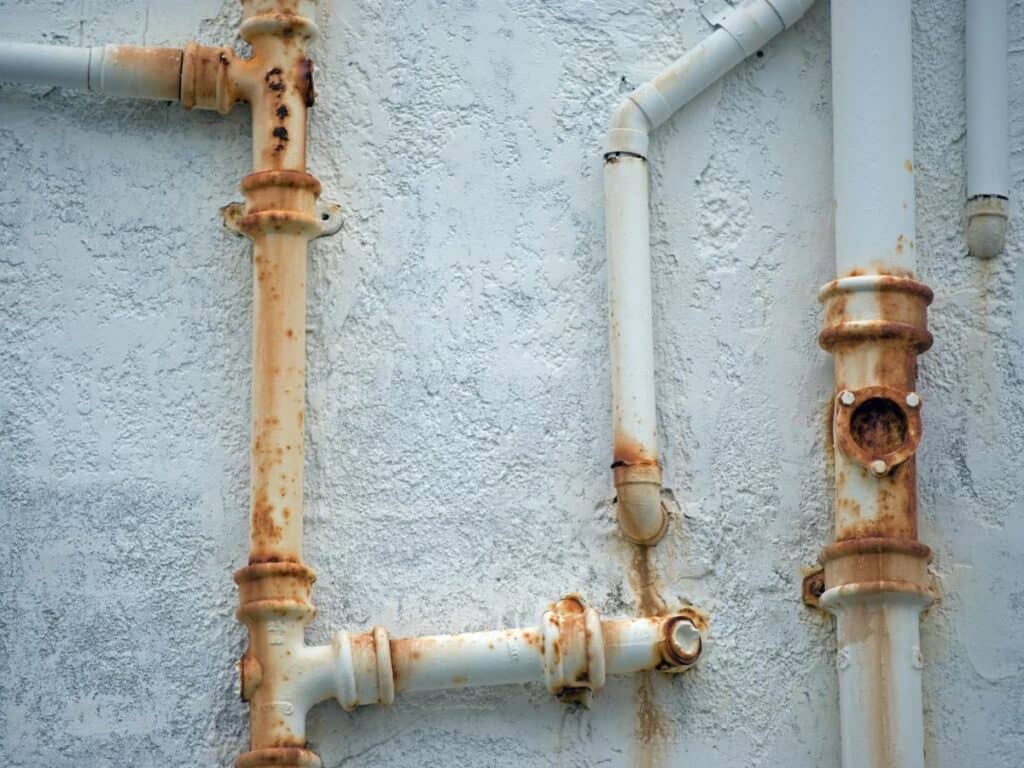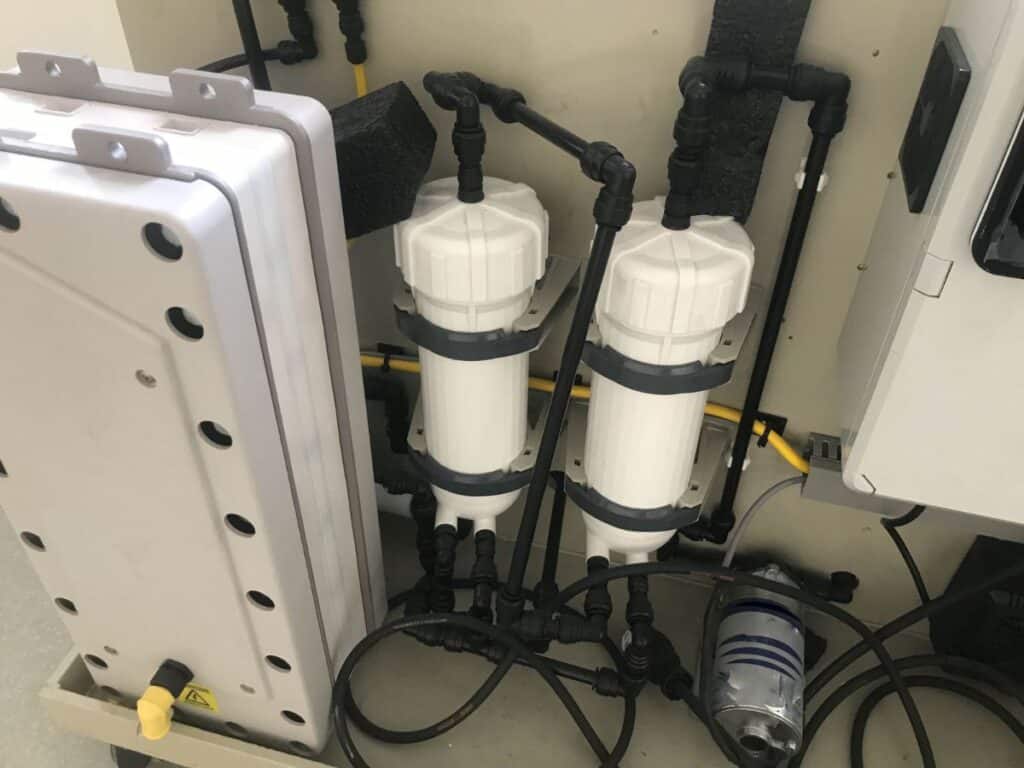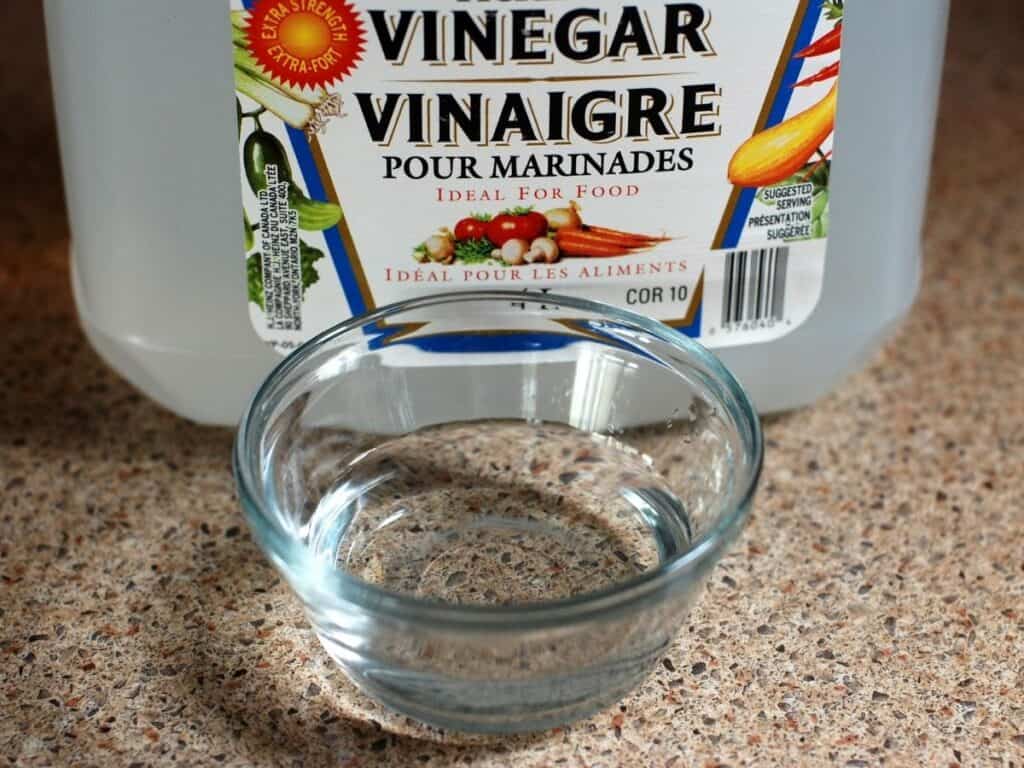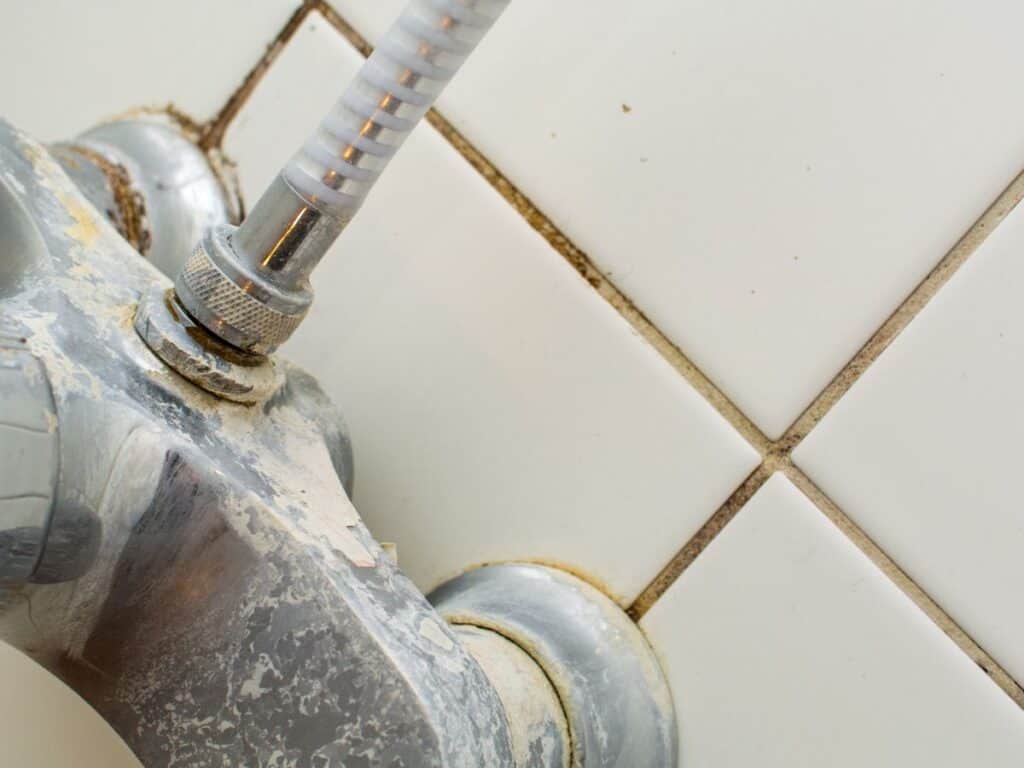If you live in a hard water area, you know how doing laundry with soap is hard. However, as soon as you switch to detergents, the washing game changes. Soap lathers faster, washing in easier, and the clothes do not get stained.
The secret lies in the composition of both soap and detergent and how they react with water. Let us find out why, unlike soap, detergents don’t react with water and more.
In general, detergents contain active ingredients that act as surfactants. These compounds do not react with water but break the water’s surface tension. In contrast, the chemicals in soaps react with chemicals in hard water, mainly calcium and magnesium, forming scum that sticks on clothes, reducing the cleaning power of soaps.
Comparison of Detergents With Soaps
Comparing the two types of cleaning agent shows different modes of interaction with water during washing.
The active chemical in detergent doesn’t react with hard water but acts as a surfactant. Surfactants are compounds that do not react with water but reduce the water’s surface tension.
The chemicals, mainly sodium carbonates, break down magnesium and calcium ions responsible for the water hardness in detergents. Once broken down, the resulting chemical compounds are magnesium carbonate and calcium carbonates. The two main compounds are no longer active, and that is how the hard water loses surface tension and becomes ‘soft.’
In contrast, soap contains sodium salt from stearic acid that doesn’t dissolve once it is put into hard water. Instead, it is bound by calcium and magnesium ions in water, forming the insoluble substance magnesium or calcium stearate, also known as soap scum.
Examples of possible hard water are river or well water. Calcium, magnesium, and iron elements seep through rocks, domestic use chemicals, and other sources into rivers and wells.
In comparison, rainwater is an example of soft water. Rainwater contains very small amounts of calcium and magnesium, and that is why it lathers easily, whether you use soap or detergents.
I wrote a guide on the best detergent for hard water and a really comprehensive guide on the best washing machines for hard water that may interest you.
Disadvantages of Hard Water
Not Cost-Effective
Generally, you can use soap instead of detergents for your laundry, except that you will require more soap than using detergents. If you continue adding soap, magnesium and calcium ions will be bound by the compounds in soap minerals until no more ions remain. It is only the additional soap that will be useful for the actual washing work.
Stiffens Fabrics
Clothes washed in hard water are usually dingy, rough, and stained. This makes them uncomfortable to wear and does not last long due to the reaction of the chemical with fabric.
Discolors Bathtubs and Toilet Bowls
This is an irritating common problem in most homes. Over time soap scum settles on the toilet bowls and bathtubs and forms stubborn stains.
Damage to the Plumbing System

Some of the chemicals are corrosive and damage faucets, showerheads, and drains. With prolonged use, this might compromise the entire plumbing system causing the need for repairs or replacement of parts.
I wrote an article that may interest you if you are finding brown flakes on your clothes.
Makes the Hair Dull
The soap scum can stain the hair and change its color. Hair stained by soap scum loses its sheen and looks dull.
Irritates the Skin
Scum and chemical residues contain irritants that react with skin and cause itches. In addition, it may lead to the development of skin problems by interfering with sweating processes.
How to Prevent Water From Reacting With Soap
To prevent hard water from reacting with soap, you have to find a way of softening it. Some of the common water-softening methods include boiling, using an ion-exchange filter, vinegar, washing soda, and washing with detergents with softening agents, among others.
Below are a few helpful tips
Water Boiling
Heating water to the boiling point precipitates the chemicals in the water, which collect at the bottom of the pot. To do this, all you need is to put the water into a pot and leave it to boil for ten minutes.
Thereafter, remove it from the heat source and cool it adequately before transferring the water into another container and leaving the settled materials at the bottom.
Using Ion-Exchange Filter

To do this, you need a small filtration tool attachable to faucets. As the calcium and magnesium ions pass through the filter, they are bound and separated from the water. Just attach the filter to the outlet of the faucet, and that is it.
They have a bunch on Amazon (paid link).
Using Non-precipitating Conditioners
Keep in mind that not just any conditioner works, but specifically non-precipitating conditioners. The conditioners react with the chemical compounds in the hard water rendering them ineffective.
Washing Soda
Also known as sodium carbonate, washing soda is quite effective in hard water treatment. Pour a handful of it into your laundry water before starting cleaning. This will break down the calcium and magnesium compounds in hard water, making lathering easy.
Using Vinegar

Vinegar, an acidic substance, easily dissolves the alkaline calcium rendering it harmless on your soap. Furthermore, it is effective in removing stubborn stains resulting from prolonged hard water use. Pour a little amount on the spot and scrub and rinse.
I wrote an article on mixing vinegar with laundry detergent that may interest you.
Using Detergents
Some detergents are formulated specifically for hard water washing. Before buying, be sure to read the ingredients. Most detergents with hard water capabilities are well indicated.
Frequently Asked Questions
Is Hard Water Safe to Drink?
Generally, hard water is quite safe to drink. In fact, hard water has some health benefits since calcium and magnesium are essential elements required for proper health. Therefore, drinking hard water containing these elements can supplement dietary deficiencies.
How Do I Know the Water Is Hard?

The clearest indicator of hard water is limescale build-up on the surface of plumbing fixtures. Limescale is a crusty white substance that appears on the parts of the taps or faucets.
Other indicators are scummy washing laundry water, rough dingy clothes, and rough skin and hair. While these are some of the indicators, the surest way is to have your water tested by a government or private agency.
What Are the Advantages of Water Softening?
Using soft water has numerous benefits that include spending less on detergents, less corrosion on the plumbing system from lime build-up, protection of dishwashers, and washing machines problems, among others.
Here is my list of the best laundry detergents to use with hard water that may interest you to read next.

I’m an expert wardrobe organizer and a bit of a clean freak. I created this website and its YouTube channel to share practical guides about laundry and organizing. My teachings have been featured in multiple large news publications, and I’ve self-published two wardrobe organizing books and an entire course on the subject.

